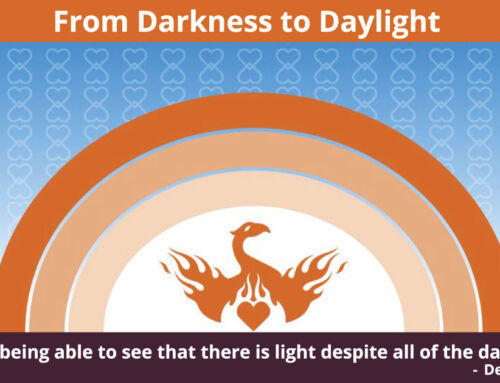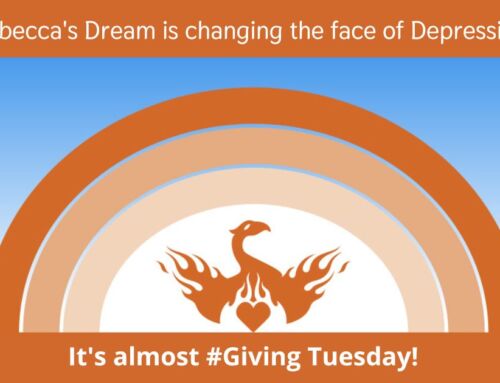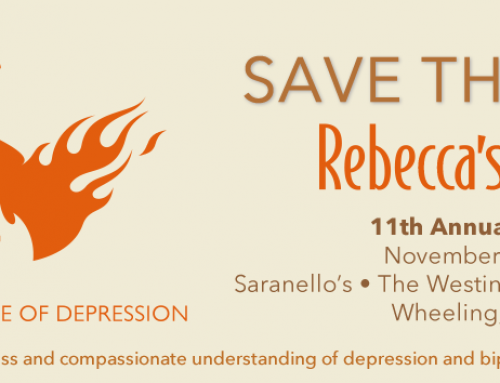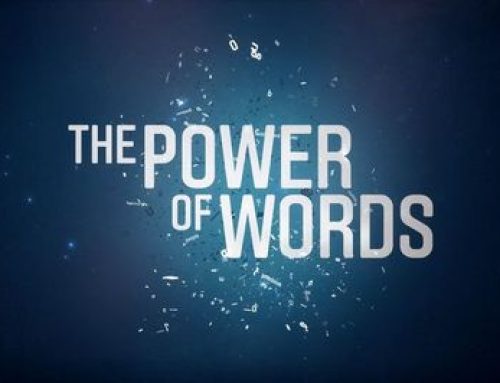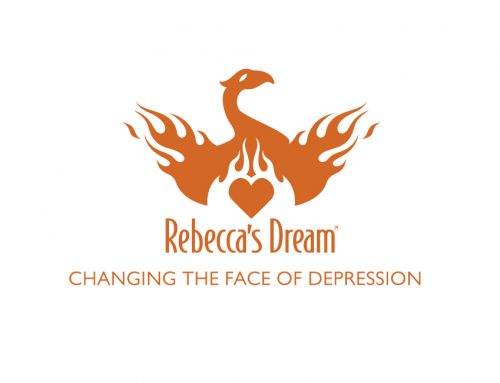I love Mark Ruffalo. He is sweet, unpretentious, and a regular guy even though he is a well-known Hollywood star.
Much the same can be said of the role he plays in the movie, Infinitely Polar Bear: “Cam Stuart (the infinitely warm Mark Ruffalo), is an endearingly down-and-out eccentric with manic depression”* who comes from a wealthy, blue-blooded Bostonian family.
I was eager to see this movie for several reasons: I like Mark Ruffalo. I have a particular interest in the portrayal of depression and bipolar disorder in the media. It is a true story written and directed by Maya Forbes based on her own life story, and I knew I would write about it no matter which direction it took. I was fearful that the Hollywood depiction of Cam Stuart as a single father raising two young daughters under difficult financial circumstances while living with depression and bipolar disorder would make my blood boil.
But my blood didn’t boil. It stayed at its proper temperature throughout the 90-minute movie. I am grateful to Sony Pictures Classics for producing this film; while it goes easy on mental illness, it is not a story about Maya Forbes’ father’s illness. It is instead a story about the person her father was, a man who, as Manohla Dargis writes in The New York Times, “through hard and weird times, clearly helped give her what she needed so that one day she could tell this story.”
If you’re looking for a portrayal of what it feels like to live with depression and bipolar disorder—and what it feels like to live with a parent or loved one managing a mood disorder—you won’t be fully informed, but neither will you be misinformed. I liked that about this movie. I didn’t bristle. I didn’t feel a knot in my stomach. I didn’t want to stand up and throw my popcorn and Junior Mints at the screen. I didn’t leave wanting to write a fire-breathing letter to Sony Pictures or to Ms. Forbes.
I left the movie relieved. And I enjoyed it from beginning to end. I still love Mark Ruffalo nearly as much as I love Bradley Cooper’s portrayal of a man with bipolar disorder in Silver Linings Playbook. I am content.
I recommend the movie but am not sure you’ll find it. It seems to have come and gone . . . quickly. Sony’s budget was an estimated $6,700,000. As of June 26, 2015, its gross income was $132,399. A poor showing, so to speak. Sony took a chance on a good story with lessons to be learned. In dollars and cents, they lost. But those who saw Infinitely Polar Bear may have come away with a feeling of “good for them.” This family survived difficult circumstances through their love for each other, their acceptance of each other, and especially their acceptance of Cam, the father living with bipolar disorder.
An IMDb user review written online by Kicino in Hong Kong sums it up perfectly:
“Love this movie. I was initially attracted by the subject: a father with manic depression has to take care of his daughters while his [ex-] wife is away. Then I got more fascinated by the true personal story as the director is telling her own tales. After I saw it, I really admired all the family members’ resilience, courage, patience, and humor in sticking it out in real life and retelling the story with great encouragement . . . . The movie is inspirational as there are increasing diagnoses of mental illness these days and perhaps acceptance, humor, and practicality are good ways to help everyone get through it. The girls mature quickly in these circumstances and grow into sensitive, confident, and humorous individuals.”
Maya Forbes told The New Yorker, “It was important that the movie feel as though a family had made it.”
See this movie. See this movie because Sony needs to recoup its losses (just being funny) but also because you need to see that individuals and families do survive under difficult circumstances. You need to see that living with depression and bipolar disorder is not the end of life but a different way of living life. The formula of love, acceptance, and understanding is what holds everyone together. At least, that’s how Maya Forbes remembers her childhood, her father, and her family: Love did keep them together.
A sidebar: Mark Ruffalo was asked by Marlow Stern of The Daily Beast: “Have you ever dealt with manic depression or bipolar disorder personally, with yourself or a loved one?
Mark’s answer: “I have it in my family, yeah. And manic depression. I have friends who are manic—some of them without ever being diagnosed or diagnosed very late. It was weird. I knew what it was and had a good beat on that. I have close family members who are manic, and weren’t diagnosed until much later in life. You would never know. Yes, their behavior at times will get extreme, but no one was ever looking at it like that. It’s on a scale—it slides around—and you never really know if they’re in mania, or they’re just happy, or they’re sad, or they’re deeply depressed. The idea that they were manic depressive never even crossed my mind. I just thought, ’Wow, they’re intense.’ It wasn’t until much later that I realized—and they realized—that they were manic, and because of that, they could manage it.”
I love you, Mark Ruffalo. And thank you, Sony Pictures. Thank you, Maya Forbes.
Maya’s dad died in 1999 of pancreatic cancer. May his soul rest in peace.
Find the movie, Infinitely Polar Bear. It will be good for your soul.
Gail
*Manohla Dargis, “Review: ‘Infinitely Polar Bear’ Traces a Dad’s Ups and Downs,” The New York Times, June 18 2015. Online: http://www.nytimes.com/2015/06/19/movies/review-infinitely-polar-bear-traces-a-dads-ups-and-downs.html.



